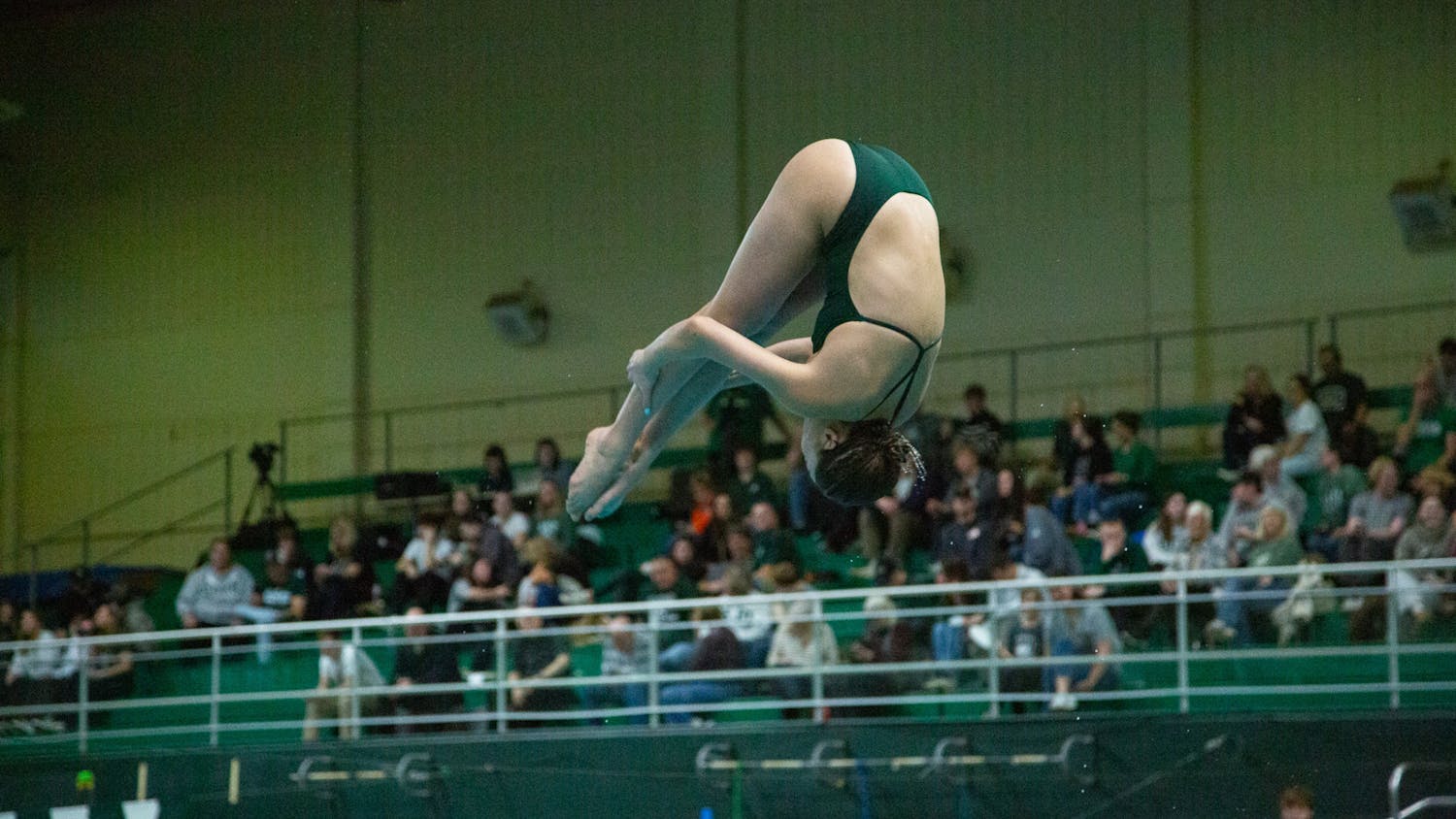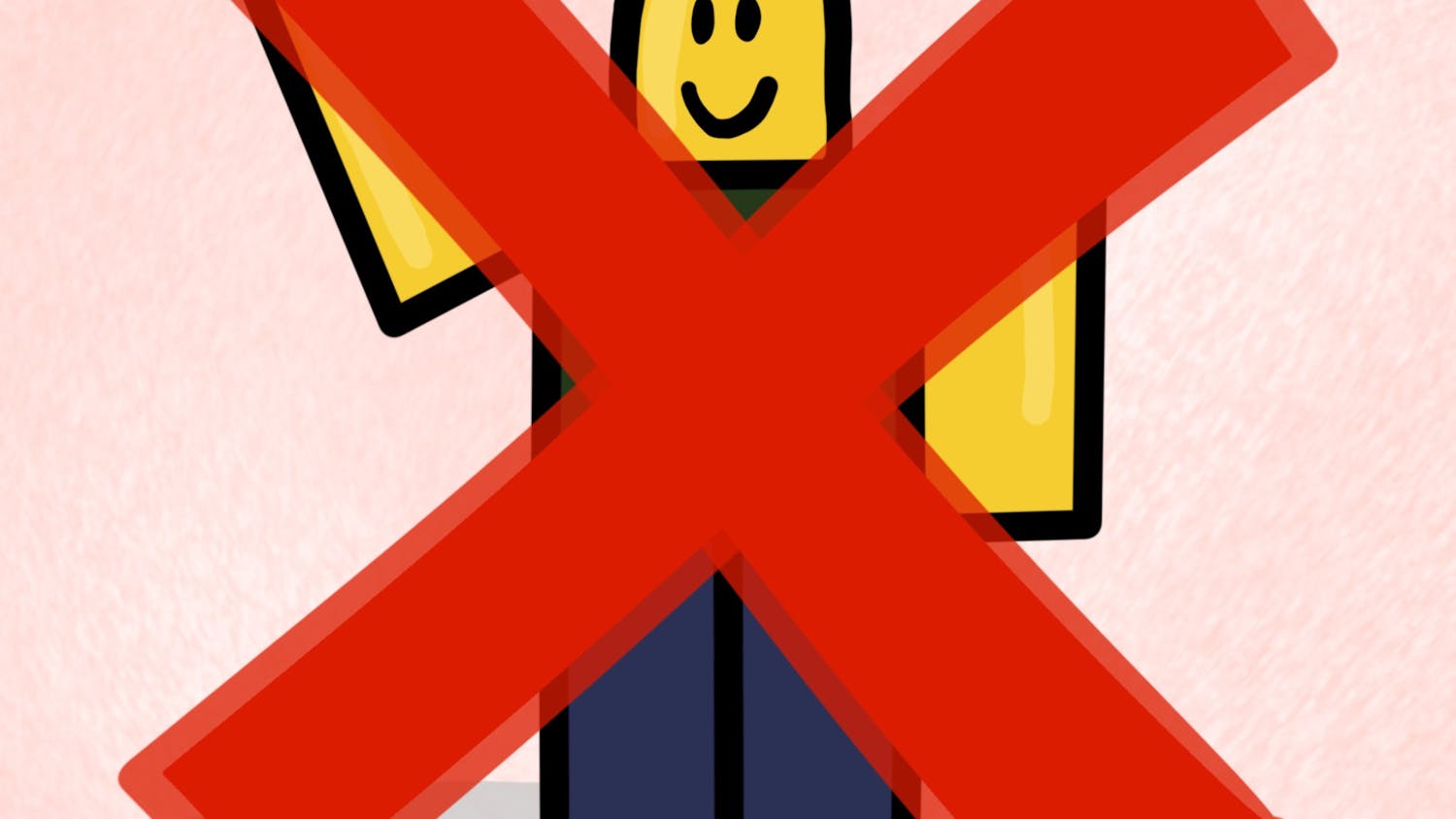The standing contract between Pepsi and Ohio University for exclusive beverage rights on campus and in university marketing will have OU receiving about $3.5 million by 2022.
The contract, which was first put into effect in 2012, allows Pepsi to exclusively distribute its products in all dining halls and vending machines on campus. It also allows Pepsi to advertise on campus and grants Pepsi the right to call itself the “official soft drink of the Ohio Bobcats,” according to the contract.
The contract also gives Pepsi the right to stock its products on about 75% of all available shelf space and cooler space in campus convenience stores, as well as 40% of all space set aside for energy drinks. These stores include the Atrium Café, Baker Food Court, Boyd Market, Jefferson Market and Nelson Market.
Pepsi products include Mountain Dew, Gatorade, Tropicana, Sierra Mist, SoBe and Naked Juice, among others. The company also has an ongoing partnership with Starbucks.
Additionally, Pepsi is allowed to install and maintain vending machines, fountain drink dispensers and sideline coolers at athletic events, according to the contract.
The contract is managed by G&J Pepsi-Cola Bottlers, Inc., a third-party bottler, Katie Clark, communications director at PepsiCo Beverages North America, said.
Pepsi will pay $120,000 annually to a university athletics fund during the term, according to the contract, for a total of about $1.2 million over the complete term.
Pepsi will also pay the university $190,000 annually to be distributed by the university as it determines, according to the contract.
An additional $30,000 is directed annually toward 12 scholarships of $2,500. $15,000 is also put towards the Pepsi Scholars Program through the Career and Leadership Development Center, Jim Sabin, a university spokesperson, said.
In 2019, a large portion of the money received from Pepsi went toward athletics, Sabin said.
Intercollegiate Athletics spent $205,000 in total, with $120,000 going to pay for the Walter Fieldhouse, completed in 2014, and $85,000 being used for general operations, Sabin said.
An additional $20,000 went toward Campus Recreation, $90,000 went to Student Affairs and $55,000 went to Culinary Services, Sabin said.
The university also receives about $14,500 in complimentary Pepsi products annually, which Pepsi is supposed to deliver as requested by the university, according to the contract.
In return, the university must supply Pepsi with eight VIP season passes, 300 general admission passes, two VIP parking passes and a “Pepsi Day for Family & Customers” for football games, according to the contract.
OU also supplies eight VIP season passes, 100 general admission tickets and two VIP parking passes for basketball games, four VIP season passes for baseball and hockey games and passes for 50 rounds of nine holes for golf.
Nicole Feckley, a junior in marketing, management and business analytics and also a personal trainer, said that she doesn’t appreciate the Pepsi fountains in the dining halls.
“They’re ruining kids by giving them sugary, fattening drinks,” Feckley said.
Grant Piguet, an alumnus who majored in games and animation, said he prefers Pepsi to Coke.
“(I’m a) big fan of Mountain Dew and Pepsi brings Mountain Dew, so I’m all about Pepsi,” he said.






